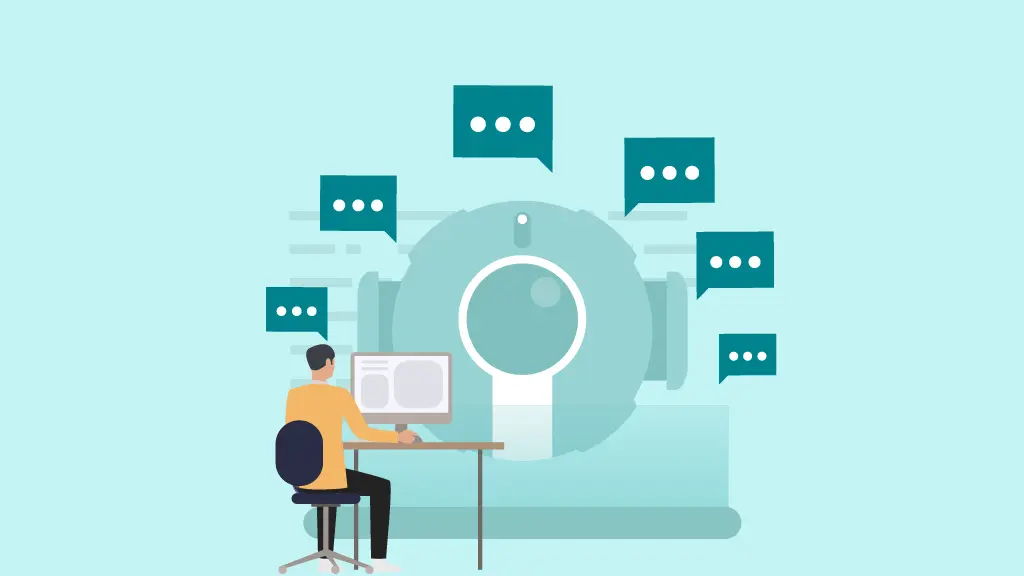
Today’s workplace is changing rapidly, and HR is leading the charge. HR in 2025 will no longer be about policy and payroll; it will be about building individualized experiences, using AI to engage employees, and transforming how we reward and recognize employees. Businesses that disregard these HR trends in 2025 risk losing their best talent and lagging in a highly competitive talent market.
Here’s a bitter truth: Employees nowadays don’t just want a paycheque anymore. They want meaningful recognition, personalized rewards, and wellness programs beyond gym membership and medical coverage. To address such demands, visionary firms adopt AI-driven engagement platforms based on real-time analytics to drive high-performing culture, diversity, and motivation.
Don’t worry; you can lead the change, too! Let’s check out six fresh HR trends in 2025 shaping the future of work and how you can stay ahead of the curve.
1. AI-Powered Personalization: The New Standard for Engagement
Artificial intelligence is revolutionizing HR, and in 2025, AI-personalisation will be necessary to enhance employee engagement. But you know what’s history now? One-size-fits-all rewards and appreciation. Employees today long for experiences that are personal to their passions, and AI enables this by studying behavioral trends, performance metrics, and individual drivers.
How AI is Revolutionizing Recognition:
- Timely insights that reveal what motivates each employee
- Personalized recognition suggestions based on the history of performance and engagement.
- Recognition engine prompts that guarantee praise arrives at the appropriate time.
A McKinsey & Company report released in 2024 announced that 70% of workers become more engaged when provided with tailored benefits, such as customized recognition initiatives. Engagement increases, turnover decreases, and employees feel valued and encouraged to do their best.
By embracing AI-driven engagement solutions, organizations can create a personal, equitable, and effective HR strategy. This move boosts morale, enhances company culture, increases performance, and provides a measurable return on investment. HR 2025 will be all about leveraging AI to make work meaningful.
2. The Rise of Total Well-Being Incentives
Employee well-being is no longer merely about gym memberships and wellness allowances. Current HR trends in 2025 will be centered on comprehensive well-being programs that promote mental, financial, and social well-being. Forward-thinking HR leaders understand that well-being-based recognition and rewards boost engagement and productivity.
The Future of Well-Being Incentives:
-
Mental Health Support:
Incentives for finishing mindfulness training or therapy sessions.
-
Financial Well-Being Programs:
Incentives for savings goals or staff completion of personal finance courses.
-
Social Well-Being Initiatives:
Rewards for mentorship, volunteerism, and team-building participation.
As per a Gallup study (2024), companies with well-being initiatives have 21% greater productivity and 41% less absenteeism.
Taking care of employees’ health and happiness helps them feel better, work harder, and enjoy their jobs more.
Employees who eat well, exercise, and worry less about money don’t get sick as often. This helps companies save money on doctor visits and creates a more substantial and happier workplace.
Companies use special programs to track and reward healthy habits. These programs make employees feel appreciated and motivated.
When workers feel valued, they take better care of themselves and enjoy coming to work every day.
3. Gamification: The Secret Weapon for Employee Motivation
Gamification isn’t a trend; it’s the next mandatory HR trend of 2025 that will be used to ignite higher workplace participation and productivity. Through interaction, competitiveness, and reward, gamification kindles a worker’s internal drive and turns everyday chores into a source of delight.
Why Gamification Works:
-
Point-Based Rewards:
Workers earn points for accomplishing things and can trade them for rewards.
-
Competitive Leaderboards:
Makes attending training more enjoyable, drives healthy initiatives, and fosters collaboration activities.
-
Achievement Badges:
Rewards milestones with visual incentives, enhancing motivation and morale.
Harvard Business Review reports that 89% of employees would be more productive if their organization incorporated gamification into training or rewards.
Gamification fosters a competitive yet cooperative atmosphere, encouraging learning participation, well-being, and team engagement. With appreciation and motivation generated through game-like aspects, firms achieve enhanced performance, increased engagement, and enhanced retention.
HR managers incorporating gamified components into reward systems will develop a culture of ongoing improvement, foster engagement, and enhance teamwork.
4. Hyper-Flexible Work Models & the Role of Recognition
The hybrid workforce is not a trend; it’s the future of corporations. As current HR trends are moving towards flexible and remote work, businesses must revisit engagement strategies to ensure employees are motivated and valued wherever they work.
How Recognition Fuels Hybrid Work:
- Digital-first recognition rewards remote employees equally.
- Artificial intelligence performance tracking reveals contributions outside the office.
- Peer-to-peer recognition solutions promote inclusivity and teamwork.
A Buffer (2024) survey discovered that 97% of workers desire flexibility in remote work, and 16% prefer fully remote employment.
In a hybrid setup, gratitude keeps employees engaged and motivated. Digital-first rewards and AI tracking allow businesses to make remote workers feel appreciated, restricting turnover and promoting collaboration.
To succeed in 2025 and beyond, organizations need to cultivate a culture of recognition that does not know borders, using technology to touch each employee individually wherever they are employed.
5. Data-Driven HR: Predicting and Preventing Disengagement
HR is no longer a shot in the dark. Predictive analytics empowers HR leaders to identify Disengagement before it occurs and take action early. Rather than responding to turnover, businesses in 2025 will leverage real-time data, sentiment monitoring, and AI-driven insights to build a more engaged workforce.
Critical Engagement Metrics Guiding HR:
-
Recognition Utilization Rate:
Tracks the frequency when employees use recognition programs.
-
Sentiment Analysis of Recognition Messages:
AI assesses morale based on recognition tone and language.
-
Attrition Risk Score:
Predicts turnover risk by analyzing engagement trends
A Deloitte study (2024) found that companies using predictive analytics reduced turnover by 30% by identifying disengagement risk early.
By embracing data-driven HR practices, businesses can prevent costly turnover and retain employees with timely, meaningful interventions.
HR leaders who harness predictive analytics will reduce turnover costs, increase employee satisfaction, and create a more proactive engagement strategy, turning HR into a powerhouse of strategic decision-making.
6. DEI-Driven Recognition: The Next Frontier
Diversity, Equity, and Inclusion (DEI) programs are no longer a tick on the checklist; every successful workplace needs them. Non-discriminatory AI-driven recognition systems that offer equal opportunities to everyone will be the highlight of HR trends in 2025.
DEI & Recognition: The Game-Changer Move
- AI-driven prevention of bias ensures fairness and wide-based inclusivity of recognition
- Anonymous peer recognition requests give more weight to minority voices and encourage inclusion.
- Data-driven DEI insights monitor patterns of recognition for fair distribution.
A McKinsey & Company study in 2024 determined that from a bottom-line viewpoint, organizations with diverse employees are 27% more likely to outperform industry peers.
By incorporating DEI into recognition efforts, organizations enhance engagement, retention, and recruitment of top performers.
Organizations that make DEI a core value in their HR processes will create a workplace environment where employees will be recognized, empowered, and inspired to do their best.
The Future of Work is Engagement-First
As we move into 2025, the most successful organizations will be those that prioritize employee engagement through recognition, rewards, and tailored incentives. Blanket rewards and back-end HR tactics are in the rearview mirror.
Forward-thinking HR leaders are adopting AI-driven platforms, predictive analytics, and creative engagement tools to build organizations where employees feel appreciated, inspired, and engaged.
What HR Leaders Need to Do Now:
- Invest in AI-driven engagement tools to provide customized rewards and incentives.
- Pursue an inclusive approach to employee well-being by combining mental, financial, and social incentives.
- Gamify incentives and recognition to engage participants and reward interactions.
- Provide fairness and equality in recognition with DEI-centric engagement initiatives.
- Use data-driven insights to forecast Disengagement and lead retention proactively.
The work of the future is engagement-first. Is your organization ready to be at the forefront of these HR trends in 2025?






